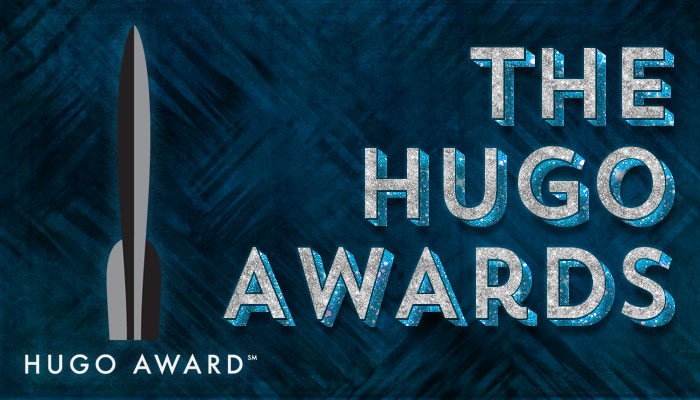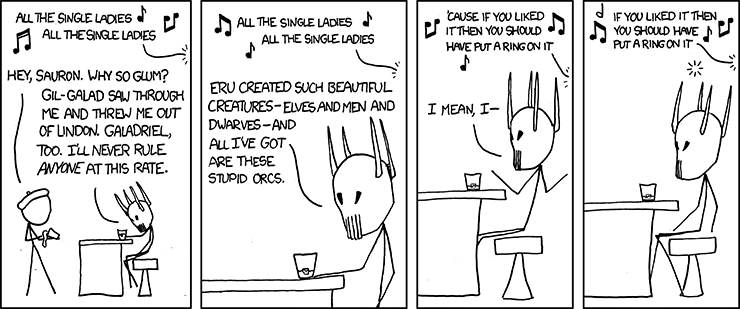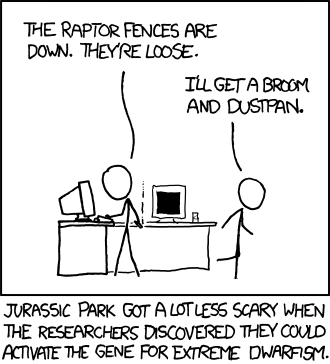Rick at the Dutch Goose
04 March 2011
 Near our house is a bar called The Dutch Goose. They serve dinner late, have deeply-carved tables and peanut shells on the floor. It’s awesome. I love their burgers.
Near our house is a bar called The Dutch Goose. They serve dinner late, have deeply-carved tables and peanut shells on the floor. It’s awesome. I love their burgers.
Sounds Like Weird
04 March 2011
 Near our house is a bar called The Dutch Goose. They serve dinner late, have deeply-carved tables and peanut shells on the floor. It’s awesome. I love their burgers.
Near our house is a bar called The Dutch Goose. They serve dinner late, have deeply-carved tables and peanut shells on the floor. It’s awesome. I love their burgers.
11 February 2011
28 January 2011

It’s clear to me that Randall Munroe is a fan even though his fan art is outside fanzines.
I offer these three examples from 2010 as proof.



Link to original post on LiveJournal.
30 December 2010
30 December 2010
29 December 2010
25 December 2010
For the past 70 years, Fulton Street in Palo Alto has had an annual holiday light display. Rick and I walked the street for the first time, and I got a few shots I’m happy with.
20 December 2010
27 November 2010
23 November 2010

There’s something oddly calming about a volcano like Kilauea. Sure, it smells hot and sulferous and you hear the lava creaking and flowing and drizzling into the sea. The constancy, though, that can lull one into a false sense of security.
14 November 2010
23 October 2010
 I spent the day at the Leica Akademie in San Francisco along with 19 other camera enthusiasts, a local professional photographer, and two Leica representatives, both named Tom. As with many trips into the city, it began early with a trip on Caltrain.
I spent the day at the Leica Akademie in San Francisco along with 19 other camera enthusiasts, a local professional photographer, and two Leica representatives, both named Tom. As with many trips into the city, it began early with a trip on Caltrain.
The venue was the Hotel Triton, a funky little Kimpton hotel. The small conference room on the second floor was where we met: three large round tables for the class members, the altar of cameras and lenses at the front, and coffee at the back (which I sorely needed). You will see just how funky this place is later….
About half the people already owned either a Leica M8 (the previous model, Leica’s first digital M-series camera) or the current production M9. A couple extra people had owned previous Leica film cameras; the Leica M series has remained essentially similar since the mount changed on the M3 in 1954.
After a brief introduction to the cameras and the basics of focusing, we filled out forms and then selected a camera and our lenses. Most people, including myself, took a single lens. As I was carrying around someone else’s expensive camera, I opted for one of the smallest (and thus least expensive as small generally also equals slow) lenses — a 28mm Emarit f/2.8, which is a nice wide-angle lens for a city street or general landscape. There were a wide variety to choose from, and there was at least one Noctilux (the most expensive lens currently in production), but I was afraid I’d trip and smash it or something.

We wandered around the room on a break and I took this photo. Absolutely nothing’s in focus, but hey, I was learning and it’s “artsy” despite the focus fail.
I’d been trying to aim at the glitter, but maybe that was the wrong tactic. Perhaps a better one would have been focusing on the strong vertical, tilting artsily (more than I did; it looks like I was drunk rather than merely caffeine-deprived), and then snapping.
We were taught about focus and hyperfocal photography, and were challenged to try to take photos without looking: to set a distance and learn to work within that limit.
Then it was time for the local photographer, William Palank, to come talk. His specialty is what he calls “environmental portraiture,” and the image he had in mind when he says that is the same one I thought of: Steve McCurry’s photo, “Afghan Girl.” Palank takes photos in Southeast Asia, primarily, and I would like to point out two in particular: first, the haunting and beautiful Child Monk, taken in Burma, and the comedic Gangs of Phnom Penh, taken in Cambodia.
Then it was time to play in earnest!
We all trundled downstairs, picked our directions, and headed off with one of the three instructors. Two of the groups headed north into Chinatown, which is the direction I headed.
I found a bronze statue of a mermaid (I like mermaids, and this one is a particularly nifty example) and snapped a few photos, of which this one is my favorite.
Here’s a few other photos:
Street lamp.
The best of my street shots of people.
And other shots: one two three four five
And some of the hotel’s entrance and lobby. In these (and in some of the other pictures I haven’t posted in this thread), you’ll note one quirk I found: I kept framing thinking the right edge of the shot stopped short of where it actually did:
one two three four
On the last one, in retrospect, I should have focused on the strong vertical elements in the back of the chaise. Oh well.
When I went, I had the following questions:
1) Given that an M9 is heavier, is it still something I could comfortably handle for a long day’s venturing out? Yes.
2) Was I able to get over the fear of having an expensive camera? I think so.
3) Was it something I enjoyed shooting with? Oh, yes.
4) Was I able to focus quickly and reliably? For the most part, even though I hadn’t used a rangefinder for 20 years (and my eyes definitely aren’t what they used to be). In fact, I throw away more photos when manually focusing my GF1. Approximately 2/3 of my photos were usable focus-wise. Sometimes I took 2-3 takes of a scene and only kept the best, so I kept about 1/3 of my total photos. Not all would normally be “keepers,” but each has a lesson about what I needed to focus on, so they’re keepers in that sense.
My complete set of the photos from the day’s shoot can be found here.
At the end of the day, we spent time going over features of Lightroom, which was pretty cool. I have been a combo iPhoto/Photoshop user for so long, I’m not sure I’ll switch to it, though. Some of what I liked about the layout in Lightroom I now have in iPhoto ’11 and I need to upgrade my laptop before doing any serious change of photo process.
03 October 2010

We spent an entirely too-long day on Sawyer Camp Trail. Photo taken with my GF1 and a 50mm Olympus OM f/3.5 macro lens. Hand-held, worked like a champ.
25 September 2010
10 September 2010
When we were in Melbourne, I woke up each and every day some time between 4:30 and 5:30. I’d go back to sleep, but it was odd that I woke up so consistently every morning at such an odd time. This is the view from our hotel room one of those mornings.